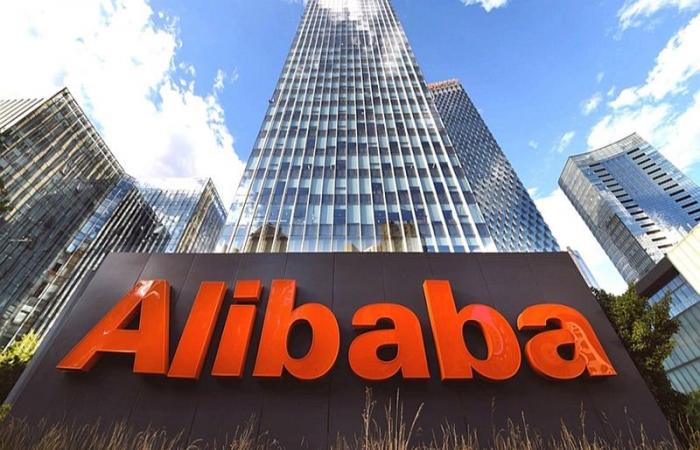Founded in 1999 by Jack Ma, Alibaba has established itself as one of the global pillars of e-commerce and technological innovation. With a presence in more than 200 countries and a network of 48 million professional buyers, the Chinese group is much more than a simple online platform: it embodies a true digital revolution, integrating logistics, financial services, cloud computing and intelligence artificial.
Alibaba, giant with global ambitions et door open to the world
Its ability to connect local businesses to a global market has transformed the economies of the countries where it operates, particularly in Asia and Africa. Today, this digital giant is setting up shop in Morocco, officially inaugurating its platform in the Kingdom during an event organized in Casablanca in partnership with ASMEX (Moroccan Confederation of Exporters) and AMDIE (Moroccan Development Agency). Investments and Exports). This arrival marks a decisive step for the development of Moroccan digital commerce and offers unprecedented prospects for the national economy.
Thanks to Alibaba, Moroccan companies, whether large or small, now have access to a direct gateway to international markets. Strategic sectors such as textiles, crafts and agri-food, recognized for their export potential, will now be able to diversify their outlets and establish themselves in regions previously difficult to access, particularly in Europe and in Asia.
This initiative is not limited to exports. By providing advanced digital infrastructure, Alibaba offers Moroccan companies tools to modernize their management, automate their transactions and optimize their logistics. This increased digitalization will strengthen their competitiveness and position Morocco as a key player in global digital trade.
Opportunities and challenges for the Moroccan economy
However, Alibaba's arrival is not without its challenges. If this international opening represents an opportunity for Moroccan companies, particularly SMEs, it also exposes them to global economic fluctuations, variations in exchange rates and increased competition.
Furthermore, the domination of a giant like Alibaba could weaken local platforms, reducing their visibility and their capacity for innovation. Moroccan companies will also have to overcome structural obstacles, such as the low digitalization of certain SMEs, limited access to advanced technological infrastructure and the lack of training in digital commerce.
To maximize the benefits of this initiative, targeted support for businesses is essential. This involves specific training, financial incentives to adopt digital tools and a national strategy aimed at strengthening the local technological ecosystem.
Alibaba's entry into the Moroccan market is part of a global dynamic where digital is at the heart of economic transformation. By partnering with this global leader, Morocco is positioning itself as a regional hub for online commerce and could accelerate its transition to an inclusive and sustainable digital economy.
But, to make this collaboration a real lever for development, it will be necessary to meet the challenges linked to this rapid transition and ensure that the benefits are shared equitably between the different economic actors. If these conditions are met, the Kingdom could well become a model of success for integrating digital giants into emerging economies.






